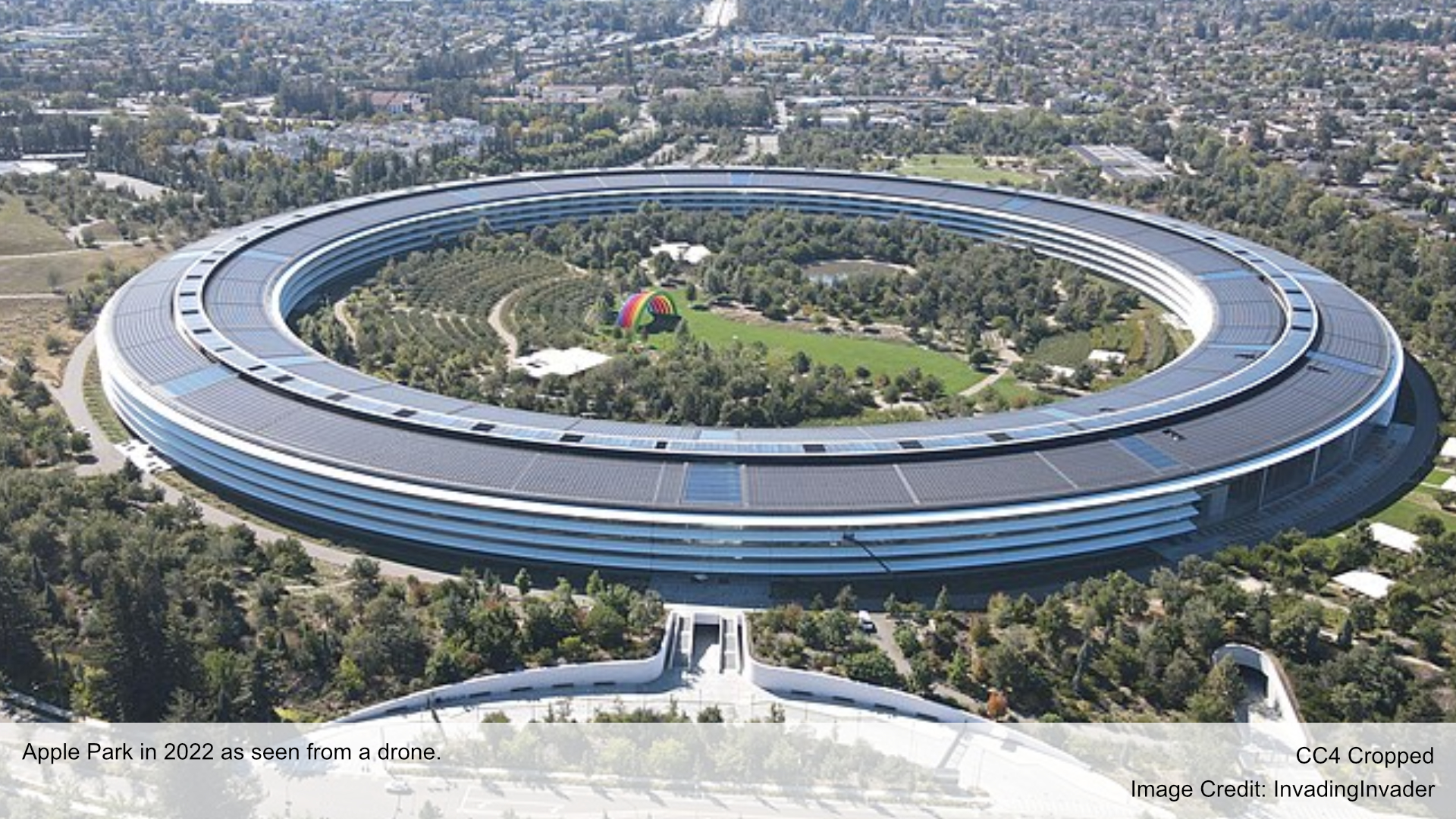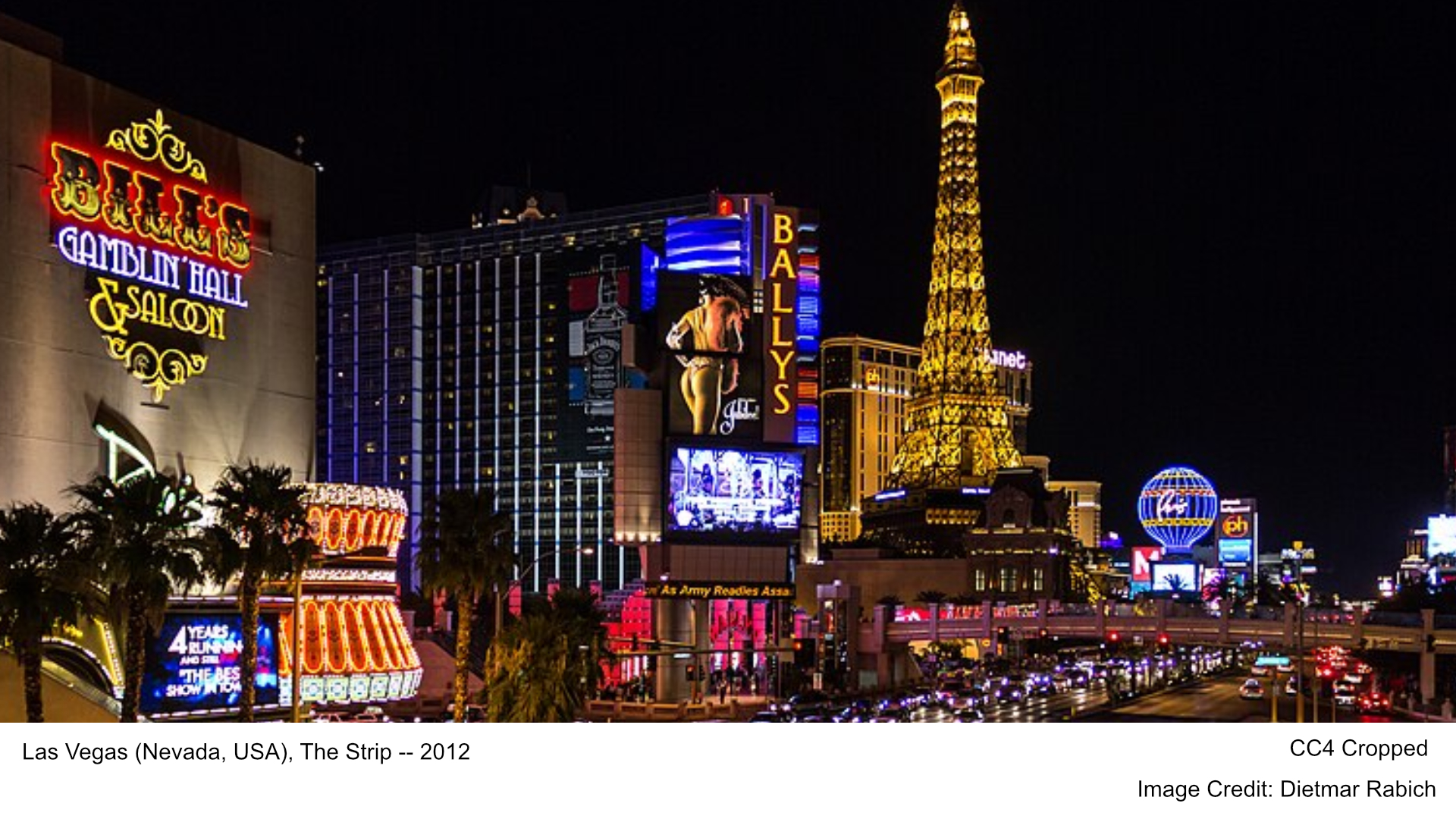Donald Trump’s re-election has sparked celebrations within the tech industry, particularly among his supporters in Silicon Valley. With Elon Musk’s pivotal role in Trump’s victory, the tech world anticipates a wave of deregulation and innovation-friendly policies. Tech leaders, including venture capitalists Marc Andreessen and Shaun Maguire, are publicly expressing their enthusiasm for the opportunities ahead.
- Tech Industry Celebrates Trump’s Re-Election: Silicon Valley leaders, including Elon Musk and Marc Andreessen, are optimistic about deregulation and innovation-friendly policies under Trump’s leadership.
- Focus on AI Development: Trump’s administration is expected to prioritize accelerating AI innovation, shifting focus from ethical concerns to practical applications, aligning with Musk’s deregulatory stance.
- Modeling Success on Operation Warp Speed: The previous administration’s collaborative success with vaccine development may inspire similar efforts in AI, medical innovation, and industrial production.
- Navigating Challenges: While deregulation faces obstacles within the regulatory state and GOP priorities, experienced tech policy leaders are poised to drive progress.
The prospect of deregulation excites the tech industry, as it promises fewer bureaucratic hurdles and more freedom for technological development. Andreessen Horowitz’s “American Dynamism” project outlines a vision for public-private partnerships in defense, education, and industrial production. The goal is to onshore manufacturing, build military drone fleets, and advance space exploration.
Artificial intelligence (AI) is a key area where tech leaders expect significant changes. Under Trump, the focus may shift from safety and ethical concerns to accelerating AI development. Brian Chau, executive director of the Alliance for the Future, predicts a new narrative around AI safety, emphasizing practical applications over theoretical risks.
Elon Musk’s stance on AI regulation complicates the picture. While he acknowledges the potential risks AI poses to humanity, he opposes regulating it for bias. This aligns with Trump’s deregulatory approach and may influence future AI policies under the new administration. The tech industry sees this as an opportunity to push for less restrictive AI development.
The potential for deregulation extends beyond AI. Trump’s previous administration’s success with Operation Warp Speed, which accelerated COVID-19 vaccine development, serves as a model for industry-government collaboration. Samuel Hammond, senior economist at the Foundation for American Innovation, anticipates a similar push for medical innovation under a second Trump term.
However, the path to deregulation is not without obstacles. Competing priorities within the Republican Party and the regulatory state present challenges. The appointment of tech policy leaders, including Gail Slater and Michael Kratsios, signals a commitment to navigating these complexities. Their experience in tech policy and free-market approaches will be crucial in achieving deregulation goals.
Despite potential hurdles, the tech industry remains optimistic. The Trump administration’s emphasis on production, innovation, and deregulation aligns with Silicon Valley’s aspirations. The collaboration between Trump and Musk represents a shift towards a technology-driven future, with implications for AI, industrial production, and government-industry partnerships.
Tech Company Hurdles Over the Last Five Years: A Battle for Balance
The last five years have seen tech companies face mounting challenges as they grapple with government scrutiny, regulatory crackdowns, and public backlash. Once celebrated as symbols of innovation and growth, these companies now confront complex hurdles like antitrust investigations, data privacy concerns, and calls for greater accountability.
Antitrust Investigations and Breakup Proposals
Tech giants such as Amazon, Google, Apple, and Meta (formerly Facebook) have faced intense scrutiny from governments worldwide over alleged monopolistic practices. Regulators have argued that these companies stifle competition by acquiring smaller rivals, imposing restrictive terms on partners, and leveraging dominant market positions to maintain control.
In the United States, the Federal Trade Commission (FTC) and Department of Justice (DOJ) launched investigations and filed lawsuits against several companies:
- Google: Accused of monopolizing online search and advertising markets.
- Apple: Under scrutiny for the App Store’s fees and policies, particularly in cases brought by developers like Epic Games.
- Amazon: Criticized for using third-party seller data to compete unfairly.
The European Union has been even more aggressive, imposing billions in fines and implementing strict regulations like the Digital Markets Act, aimed at curbing Big Tech’s power.
Data Privacy and Security Concerns
The tech industry’s handling of user data has come under fire, particularly after major incidents like:
- The Cambridge Analytica scandal in 2018, which continued to ripple through the past five years.
- Large-scale breaches affecting companies like T-Mobile and Facebook, exposing millions of user accounts to hackers.
Governments responded with tighter laws. The General Data Protection Regulation (GDPR) in Europe set a global benchmark, followed by similar legislation like the California Consumer Privacy Act (CCPA). These laws force companies to be transparent about data collection and give users more control.
Misinformation and Content Moderation
Tech platforms have faced increasing pressure to combat misinformation, hate speech, and harmful content. Social media companies, in particular, have been criticized for their role in amplifying false narratives during events like the COVID-19 pandemic and the 2020 U.S. elections.
Companies like Meta and Twitter have attempted to respond by introducing fact-checking mechanisms, labeling misleading posts, and deplatforming certain users. However, these actions have sparked debates over free speech and censorship, with critics arguing that platforms wield too much influence over public discourse.
Geopolitical Challenges
The global nature of tech companies has brought them into conflict with national governments. In China, tensions between the government and companies like Apple and Tesla have escalated over data storage and compliance with strict regulations. The U.S. government, meanwhile, has imposed bans or restrictions on Chinese tech firms like Huawei and TikTok, citing national security concerns.
These geopolitical challenges have forced companies to navigate delicate situations, balancing business interests with compliance and ethical considerations.
The Rise of Tech Worker Activism
Another emerging hurdle for tech companies has been internal: their own employees. Workers have organized protests against issues like unethical business practices, contracts with government agencies, and workplace discrimination. At companies like Google, Amazon, and Activision Blizzard, employees have staged walkouts, filed lawsuits, and unionized.
These movements have shifted the power dynamic, compelling companies to address long-standing grievances and prioritize workplace reforms.
Navigating an Era of Accountability
Tech companies are no longer untouchable innovators; they are now held accountable for their impact on society, the economy, and individuals. These hurdles—antitrust scrutiny, data privacy concerns, misinformation battles, geopolitical challenges, and internal activism—mark a turning point for the industry. As the next five years unfold, the question remains whether tech companies will adapt to this new reality or face even stricter oversight.
Resources:
- Federal Trade Commission (FTC), “Antitrust Enforcement Updates”
- European Union, “Digital Markets Act and Its Implications”
- The Verge, “Big Tech Faces Worker Protests and Unionization Push”
- CNBC, “TikTok’s Struggles with U.S. National Security Concerns”
- The Guardian, “Tech’s Role in Misinformation Wars”





